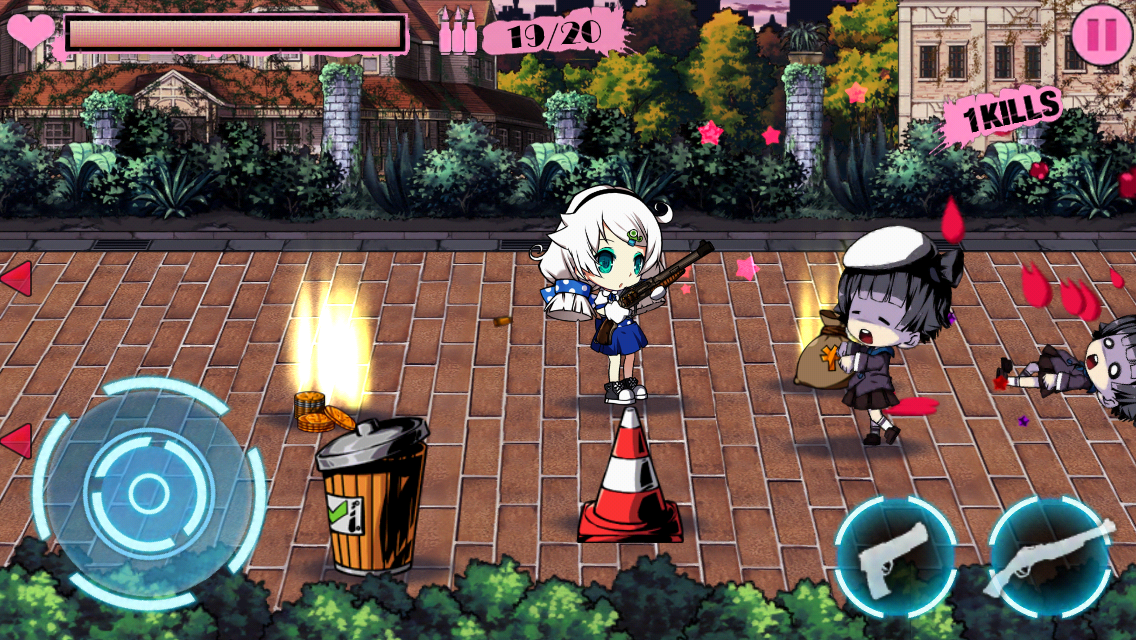Natasha Lomas over at TechCrunch:
London-based U.K. startup what3words has set itself the ambitious task of reinventing postcodes/ZIP codes. Instead of a tricky-to-remember string of letters and/or numbers, it’s created three-word sequences that can be more easily memorised and shared. Or that’s the thinking. It launched its three-word location pinpointing service last week, assigning trios of words to the 57 trillion or so 3 meter x 3 meter squares around the globe. The system apparently pinpoints locations to the nearest 2 million, making it more location-specific than a postcode in some more expansive postcode areas. what3words also argues that its system has the benefit of being universal, whereas postcode/ZIP code conventions vary by nation.
A search for "Seattle, WA" in what3words returns the words "crowd.next.stops" for a location in Seattle's downtown area. That search result isn't something that is inherently meaningful or actionable by a user. I suppose a user could fire up their browser, navigate to what3words, and enter the three words to find that particular location, but why would a user want to do that? It would be much simpler and quicker to use the mapping and sharing tools already available on the user's phone.
Seriously. Fire up your phone's mapping app, drop a pin or enter an address, then use the nifty 'share' button to share that precise location with your friends and family. Easy as pie. The folks at what3words have created a solution to a problem that doesn't exist. In fact, their proposed 'solution' is a bit convoluted compared to what is already supported in every smartphone out there.
Why would they do this? This is why:
It comes down to money. This company wants to make itself into the 'go-to' location services platform, all the while charging users and business for something that is inferior in almost every way to existing technology and standards.
Folks, I have three words that could be used to describe this startup: Whiskey.Tango.Foxtrot.



